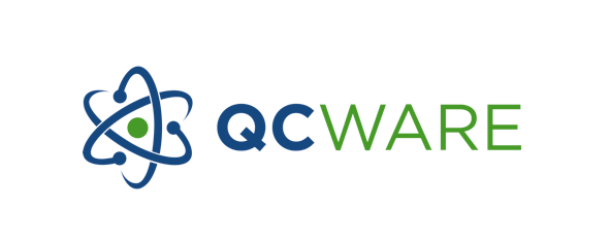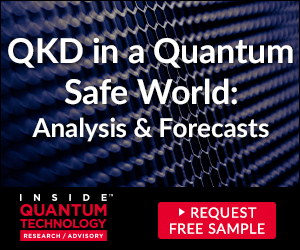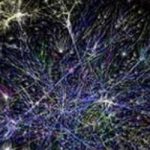Goldman Sachs Collaborating with QC Ware on Quantum Amplitude Estimation

(AmericanBanker) The $1.3 trillion-asset Goldman Sachs has teams of math geniuses, also known as quantitative analysts, who create algorithms that do things like calculate risk and price derivatives. Their models consume massive amounts of computing power and still have to be run overnight in some cases. Quantum computing, in theory, could be used to solve complex mathematical problems much faster than traditional computers.
Most experts say the technology won’t be readily available for another five years at least. IBM says it will have a 1,000-qubit quantum computer by 2023.
New York-based Goldman Sachs, William Zeng, head of quantum research, said he and his team have found a way to shorten that time horizon. They’re taking advantage of something called quantum amplitude estimation, a quantum computing technique that can be used to obtain a quadratic speedup over classical algorithms.
“We’ve been looking at it because it’s a really useful subroutine in things like derivative pricing or risk calculations, or generically to do Monte Carlo simulations faster, which is the class of algorithm problems that we want to solve,” Zeng said.
Zeng’s team collaborated with the quantum software and engineering company QC Ware to build a special application for solving time-consuming mathematical problems. They’re taking advantage of something called quantum amplitude estimation, a quantum computing technique that can be used to obtain a quadratic speedup over classical algorithms.
The algorithms banks use to calculate risk and prices have to be redesigned before they’ll run well on a quantum computer. “The first thing it is important to understand is that a quantum computer is not a faster classical processor,” said Iordanis Kerenidis, head of quantum algorithms at QC Ware. Quantum computers today are not strong enough or big enough to run complex algorithms at scale and speed.
But by redesigning the algorithms today, “when the hardware becomes better, then the workflow will be ready,” Kerenidis said. “This is why companies like Goldman are very interested in creating these new algorithms
Zeng’s group has also worked with engineers at IBM to estimate how good a quantum computer they would need to use quantum amplitude estimation.
























